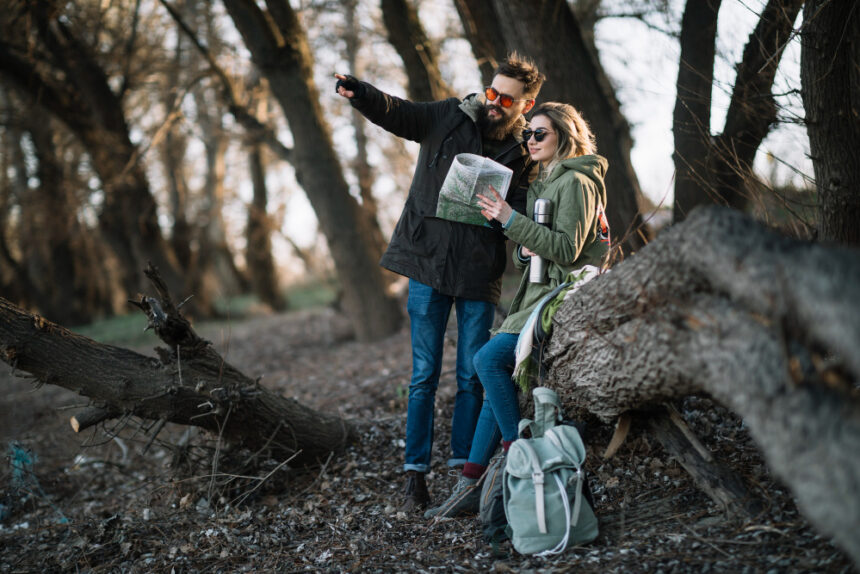Right from the early years of human civilization, the essence of identity and exploration has been as essential as the food on the table.
The Ancient Era: Navigating Uncharted Waters
The first adventurers may have been, in fact, those who sailed in ancient world, navigating in rafts and other primitive vessels. For example, the Polynesians in their journeys to the distant islands to travel in the Pacific Ocean, used stars and currents. Their adventures are exciting and the routes cover thousands of kilometers, The desire to conquer an unknown territory is inherent in every person.
Likewise, the old world powerhouses of the Greek and Roman civilizations were well recognized for their discoveries. Other classical explorers included Pytheas of Massilia, who sailed to the British Isles and probably Iceland in 322-320 BCE, and Great Alexander, who established his empire beyond the borders of Ancient World.
The Age of Discovery: Expanding Horizons
The exploration of the World during the 15th and 17th century can be described as having taken place during the Age of Discoveries. Traveling for adventures and merchant’s potentates to find new sea routes and get fabulous treasures, European explorers sailed to unknown territories. Christopher Columbus’S discovery of the New World in 1492 and Vasco da Gama’S discovery of sea route to India through Cape of Good Hope in 1498 are other examples of such discoveries.
The Allure of Adventure and Exploration: A Journey into the Unknown
Since the dawn of human civilization, people’s need for identity and exploration has been as basic as the need for food on the table. This curiosity is what has caused man to cross seas and oceans and climb mountains, much less cross space. The search, the discovery, and the passionate quest are far more than just a bare-boned physical chase; they’re the spirit of endeavor, the spirit of man, and the spirit of humanity.
The Ancient Era: Navigating Uncharted Waters
Perhaps the first adventurers were those who travelled in the olden days of the world, sailing in rafts and other crude crafts. For instance, Polynesians, while in their travels, got to far-off islands to travel in the Pacific They relied on stars and currents. It is interesting for them and the routes are thousands of kilometers long, Everyone has a desire to seize an unfamiliar territory.
Similarly, the old world powerhouses of the Greek and Roman civilizations were among the best recognized for their discoveries. Other classical explorers were Pytheas of Massilia, who reached the British Isles and probably Iceland in 322-320 BCE, and Great Alexander, who founded his empire beyond the boundaries of the Ancient World.
The Age of Discovery: Expanding Horizons
Excavation of the World until the 15th or 17th century may be referred to as The Age of Discoveries. Different kinds of voyages For conquering enemies The merchant’s potential to look for new sea routes and get marvelous treasures European explorers sailed to unknown zones. Two more such discoveries are columbus discovery of New World in 1492 and discovery of sea route to India by Vasco da Gama in 1498 by passing from cape of good hope.
The Drive Behind Exploration
What motivates people to go out? Exploration can, therefore, be described as driven by the spirit of learning and answering questions that people have regarding various aspects of reality. This is about going the extra step beyond what is known and currently existing. Finally, for others, adventure boils down to need and goal-creating, or being an answer to the eternal question of what the purpose of life is and how people are to relate to one another and the world they live in.
Thus, exploration also has a utilitarian function. Scientific breakthroughs have been made in the process of these explorations, helping to understand human anatomical structure, biochemical compositions, and diseases with possible cures. The discoveries enacted by people and the insights received while expanding territories have played an essential role in fighting existing world problems and enhancing the quality of life.
Conclusion: The Endless Journey
Therefore, the history of adventure and exploration is a positive testimony to the human spirit. Starting from the earliest discoverers who had to sail through the big unknown oceans, passing through the explorers who had to step into the yet unknown space, each time humans have discovered more and more about our world.
. Exploration is a process that will never cease because people are interested in expansion and pursuing the unknown.
IMPANO Pierrot Mark.

